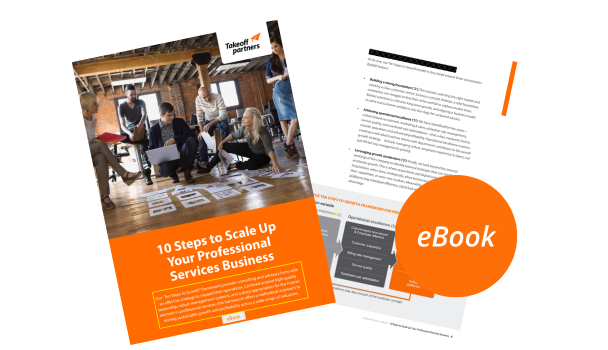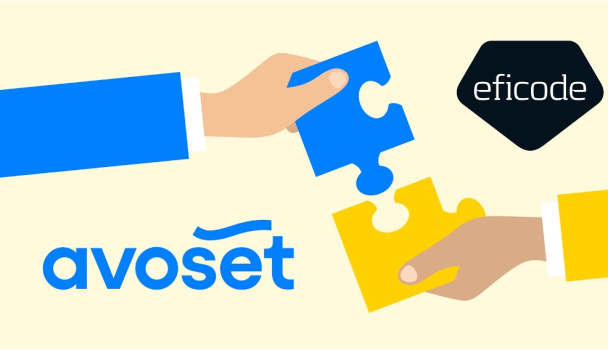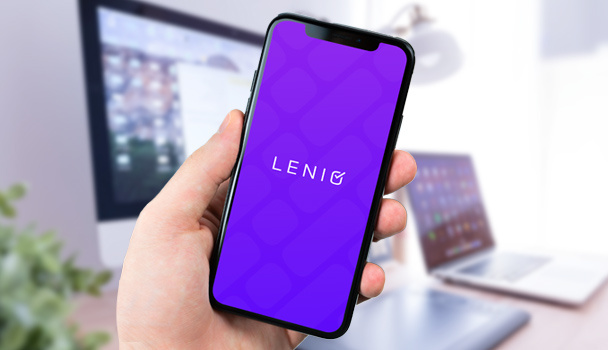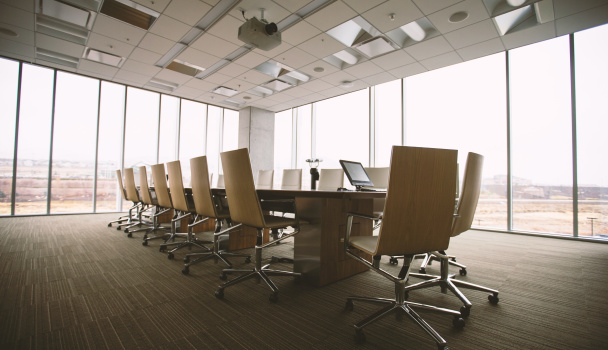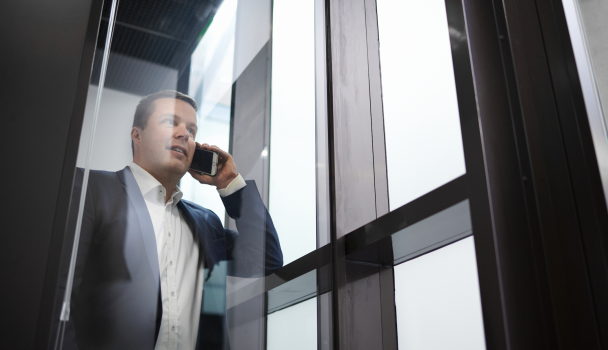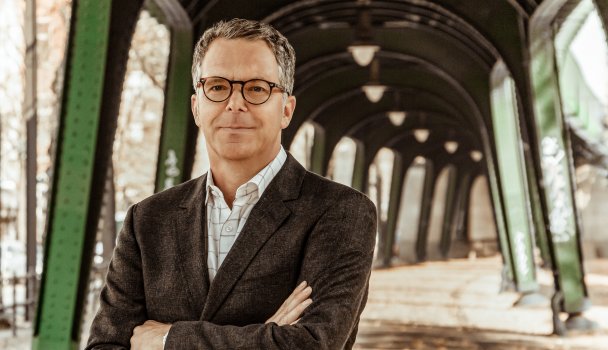The pandemic made HUONE a forerunner of corona-safe meetings and events – “If we survive this, we’ll survive anything”
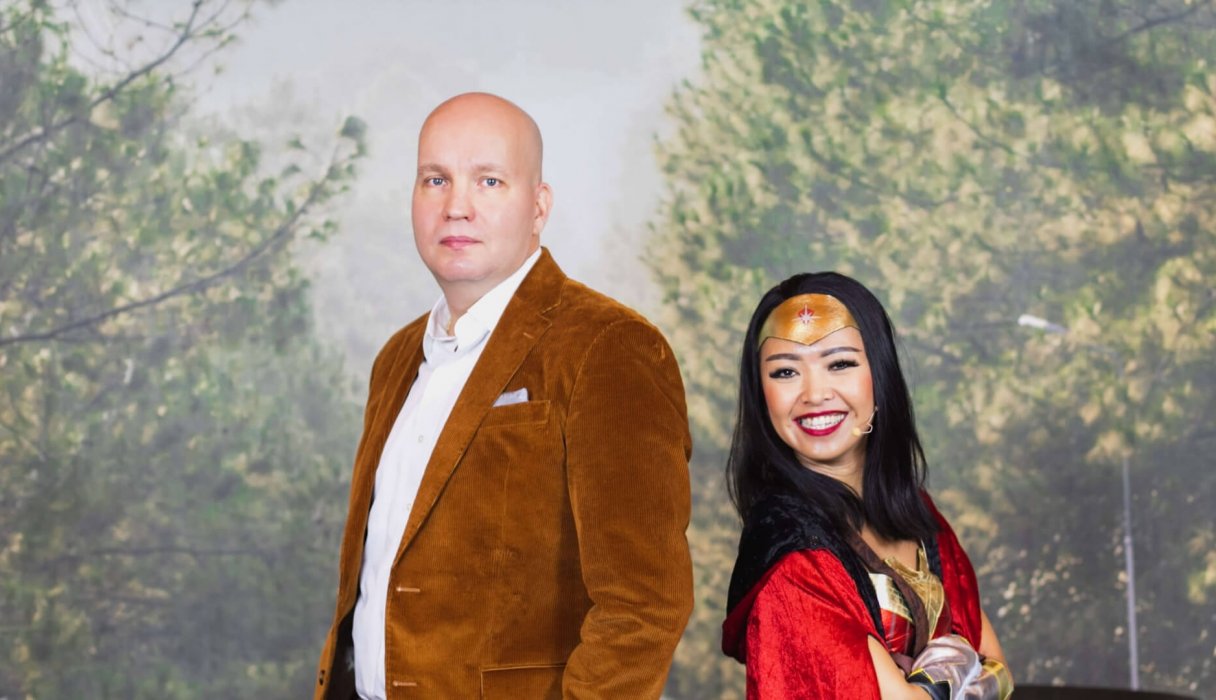
Kim Väisänen and Evon Blomstedt.
After a turbulent spring and ahead of a difficult winter, HUONE CEO Evon Blomstedt remains positive. The pandemic is speeding up the future of office spaces: solitary work can be done from anywhere so face-to-face meetings are saved for high-value activities. Until that starts bearing fruit, she hopes that entrepreneurs from industries less affected by the pandemic would show support to those who are most impacted by it – by continuing to do business through the hard times.
November 2020
Evon Blomstedt was a schoolgirl in her native Malaysia when the SARS epidemic made headlines.
“I was watching the news from our black-and-white TV. My grandmother who raised me wasn’t literate and didn’t know what was going on. So, when the schools were closed, she just said ‘Oh, no school? Now you’ll just play all day long!’”
Needless to say, the arrival of SARS-CoV-2 in early 2020 was a completely different experience to the CEO of HUONE. Evon Blomstedt says the company was doing great just before the pandemic.
“We were busy preparing for a new funding round, studying at all the data we had gathered during the seven years of HUONE and feeling very confident that we were building the future of working spaces.”
When the pandemic then arrived in Asia in January, Evon Blomstedt understood HUONE had to brace for impact on its Singapore facilities. When it spread to Italy, she realized the HUONE Denmark and Finland would be hit as well.
HUONE is a Finnish startup offering inspiring, full-service meetings and events venues for groups and organizations in Helsinki, Copenhagen and Singapore. Takeoff Partners’ Kim Väisänen and Markko Vaarnas are investors of the company with Markko Vaarnas also serving as the Chairman of the Board.
Resiliency is needed from everyone
“As a leader it was quite dramatic,” Evon Blomstedt recalls. “Suddenly you had to make quick decisions and people were relying on you for answers – but you didn’t have any.”
She says that the day when she had to announce a furlough of 35 employees was a moment she will remember for the rest of her life.
“If everyone had at least been in the same room, I would have been able to connect with people and how they are feeling, but we couldn’t do that. I had to make the announcement remotely, behind a computer screen. I was fighting back tears.”
But, despite how hard it was, she decided early on that HUONE will tackle the challenges of the pandemic proactively and decisively – with the presumption that the situation will not be over in just a few months. One decision was to make furloughs indefinite from the get-go to avoid back and forth. The other was to start making HUONE as corona-safe as possible, which in this novel situation meant crafting brand-new best practices for the meetings and events industry.
“I told my team that if we survive this, we’ll survive anything.”
Modeled after Singapore
Overall, Singapore has dealt with COVID-19 excellently. The response in the spring was nothing short of exceptional. Fall 2020 was slightly worse, but only because the government had overlooked how the infection can spread among immigrants who often live in very close quarters.
This is not a coincidence – Singapore is one of the former SARS countries, and former SARS countries have had successful responses to COVID-19 almost without exception.
This worked to HUONE’s advantage. HUONE Singapore was the first location to need new safety measures, and they employed them in the Singaporean way: constant cleaning of surfaces, safety distance, mask wearing and even measuring temperatures. At the front door, using disinfectant has been mandatory from the start of the pandemic.
“Then we just copypasted the SOPs from Singapore to the other locations. In the Nordics, people were thinking we are overreacting. That was the time when people were still arguing in Finland about whether or not masks are necessary,” Evon Blomstedt remembers.
And that was not even all. HUONE also got rid of buffets and staggered mealtimes, bringing down the maximum amount of people eating at the same time.
“We bought boxes with lids and started making individual meals. We prepare the food in advance and then keep it warm. Just before serving, we add the fresh ingredients. It’s the most inconvenient thing! But we have to put safety first,” she says.
In addition, HUONE has lowered the maximum capacity of all rooms and added a new offering: you can now book a room to do a webinar or podcast.
“I find that HUONE is starting to look more and more like a TV station – there’s a camera crew in every corner,” Evon Blomstedt laughs.
In November, she co-hosted a hybrid seminar with Takeoff Partners’ Kim Väisänen in HUONE Kamppi.
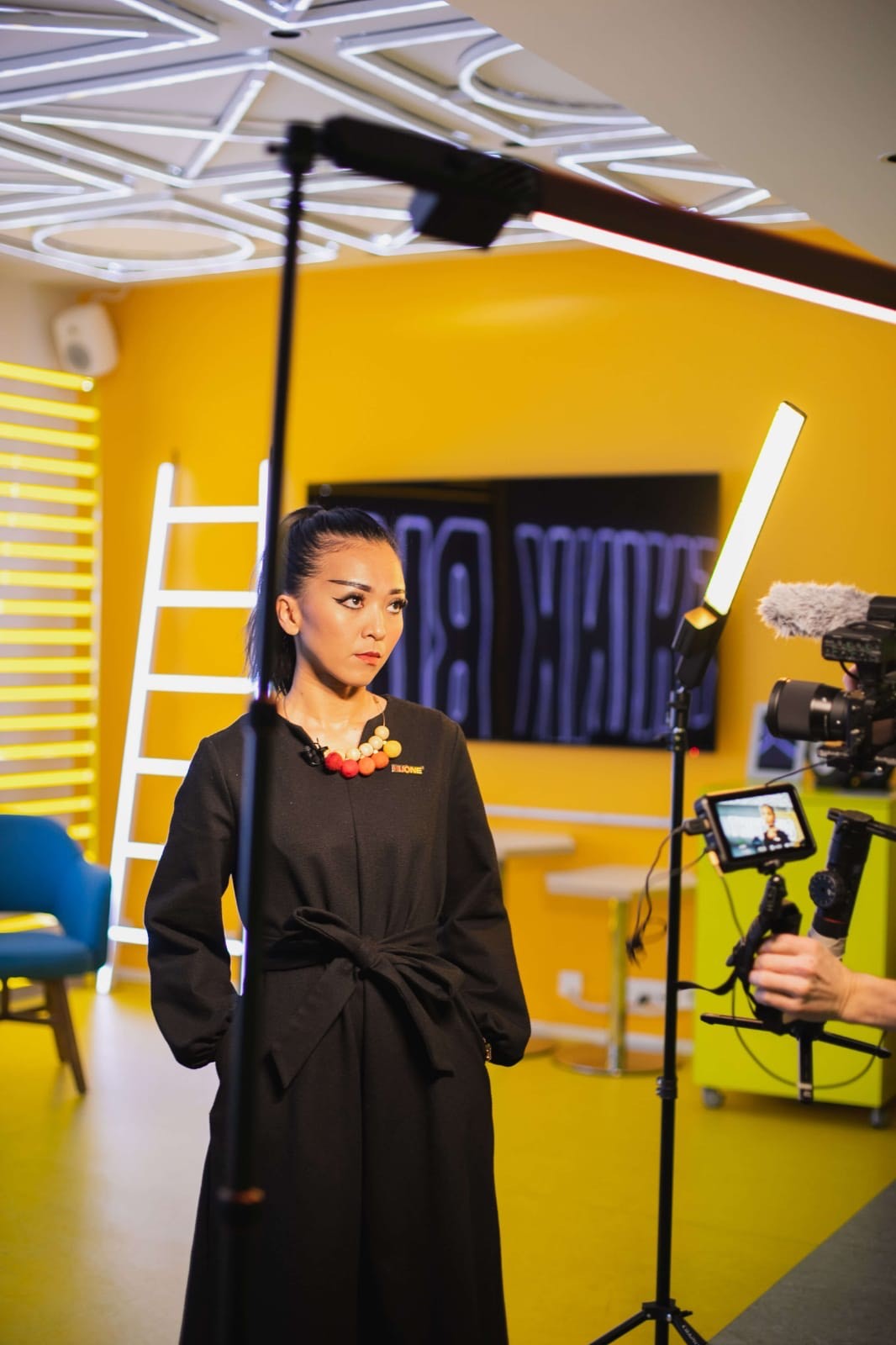
Evon Blomstedt on a TV set in HUONE.
The future is not altered, just accelerated
Becoming a forerunner in safety of business meetings and events has had a price, even besides the added effort and money required. There are still people to whom the significant mortality rate among risk groups and the 10 % or more who get long-term illness are not a sufficient reason to take the pandemic seriously.
“Some people have told us we are being weird or paranoid,” Evon Blomstedt says. “And I do appreciate that this isn’t quite the HUONE experience our customers are used to. But we have to act by our values, and to us health and safety of our customers and personnel are always priority.”
However, the vast majority of people are beginning to understand that fighting the pandemic is a shared responsibility. The vast majority of businesses are now busy looking for ways to continue operating in a safe way, instead of hunkering down and waiting for the situation to pass.
Back in 2019, Evon Blomstedt talked at length about the future of office spaces: in today’s hyperconnected world, there is no reason why solitary office work should always be done in an office. People meet face-to-face less frequently but when they do, they seek high value from it. In practice, this means that physical meetings are saved for things such as group work, socializing, networking and brainstorming.
Now, in late 2020, she says the pandemic has not changed this trend, only accelerated it.
“Corona has made many people realize they can work from anywhere. This has an impact on many other trends as well. For example, many people have also started looking to move out of cities, to the countryside, to be closer to the nature.”
But before this trend fully realizes itself, hard times are ahead. The situation is specific to every location and changes according to the individual location’s COVID-19 situation.
“I think a lot of us who run international businesses are experiencing the same – we need to rely on our local leaders to make the right decisions. We can’t travel, we can’t get a full grasp of what’s going on from afar,” Evon Blomstedt describes.
She says she wishes that entrepreneurs whose industries are not as impacted by the pandemic would show their support for the worst-hit industries. In practice, she hopes people would keep doing business despite the situation whenever it is safe, to ensure they would then be able to do the business in the future as well.
“We can’t wait for the governments to hand out money any longer – so, support is needed more than ever. This period of time is a major test to who we are.”
But, as she told her team, those that pull through this time, are already winners and resilient enough to tackle any challenges the future may hold after.
More information
If you want to organize a safe and responsible meeting or event in Helsinki, Copenhagen, or Singapore, please check out huone.events.
For further details on HUONE, please contact info.fi@huone.events.

